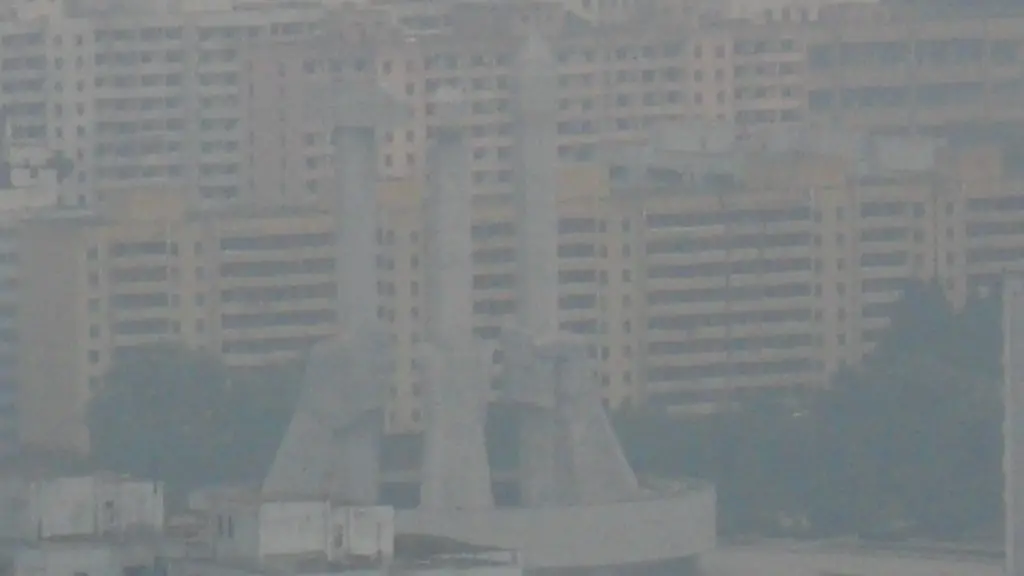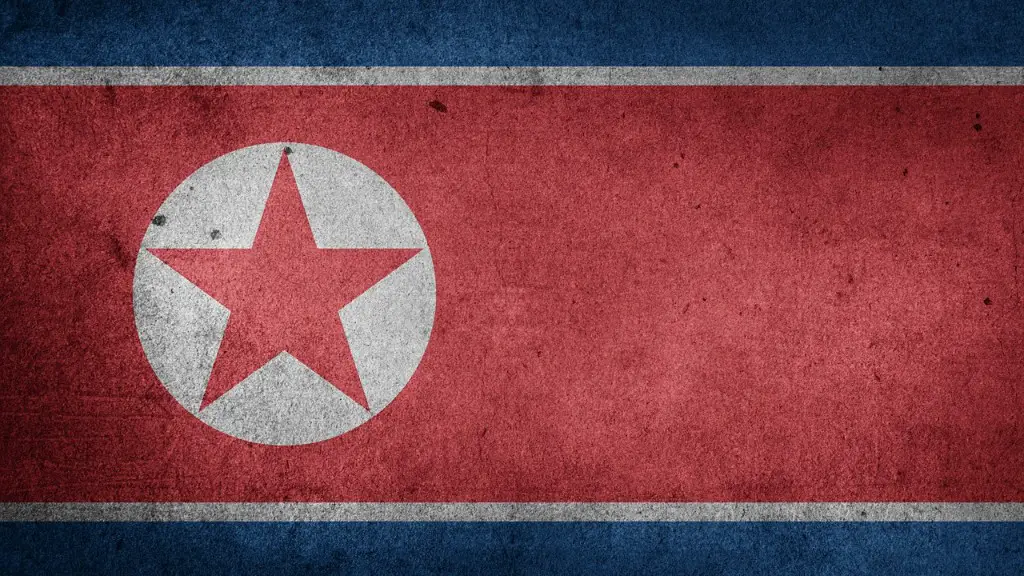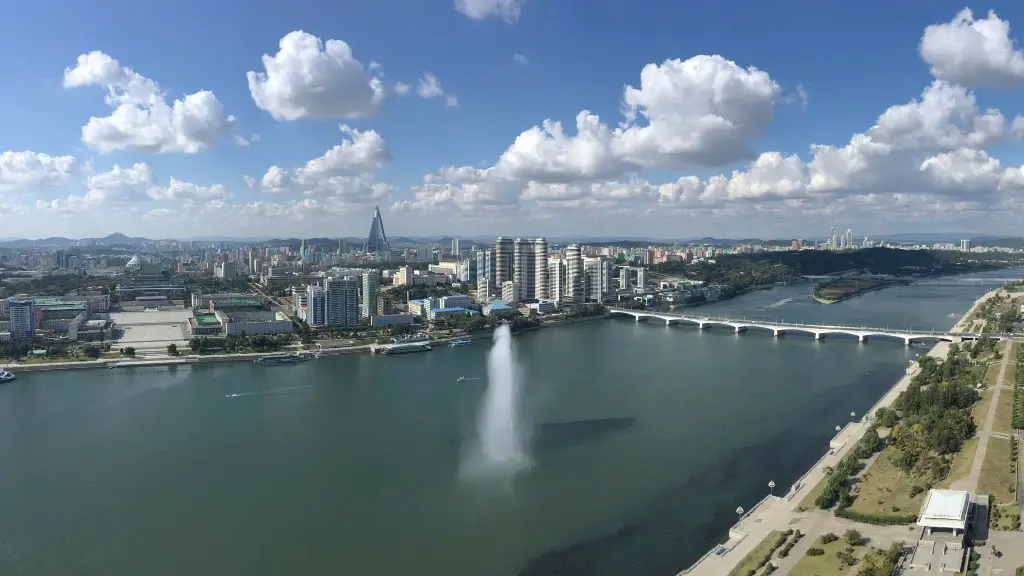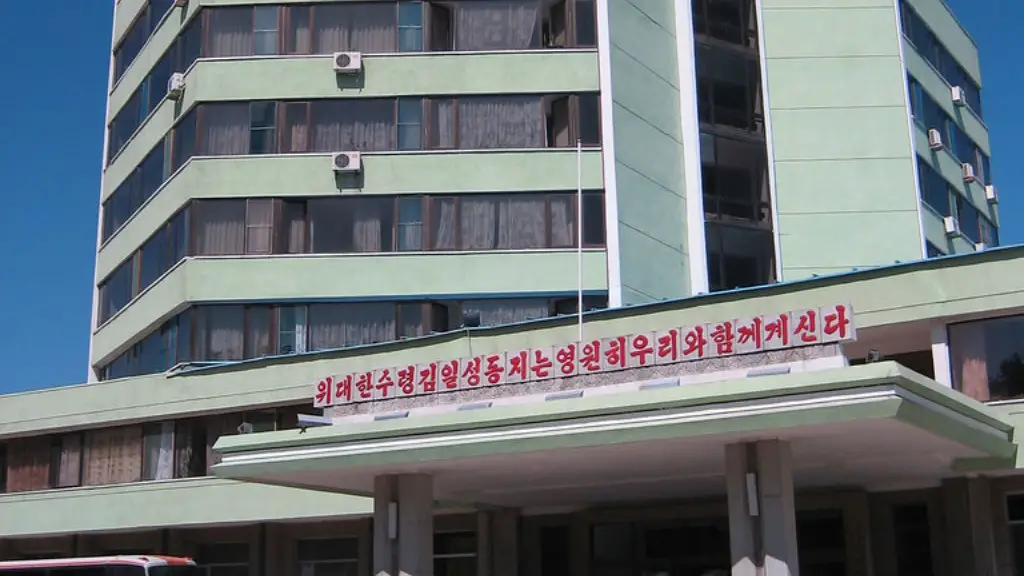Background Information
North Korea, or the Democratic People’s Republic of Korea (DPRK), is a country located in East Asia. Bordered by China to the north and South Korea to the south, this closed-off nation is the only remaining country in the world that is officially considered a “totalitarian dictatorship”. It is1 the world’s most isolated and repressive state, and its citizens are not allowed basic civil liberties such as freedom of speech and religion. Due to the country’s secretive nature, it is difficult to estimate the current population size, however there are currently estimated to be around 25 million North Koreans.
Leaving North Korea is Difficult
Obtaining the necessary documents to leave North Korea is extremely difficult, as the government has strict policies in place to prevent its citizens from fleeing the country. North Koreans are required to seek approval from authorities prior to leaving, and they must provide a list of all family members who remain in North Korea. Those who attempt to flee the country without approval face the risk of harsh punishments, including the potential for being sent to a prison camp. Furthermore, North Korea’s borders are closed, meaning that the only possible way to leave the country is to pay smugglers to facilitate your departure.
Additionally, escaping from North Korea is an incredibly dangerous endeavor. Due to ongoing tensions with South Korea, the border between the two countries is heavily guarded, making it difficult for North Koreans to cross into South Korea without being caught. Furthermore, crossing into other countries unapproved carries extreme risk, as illegal migrants risk falling victim to human trafficking and exploitation.
The Human Cost of Leaving the Country
For those desperate to escape, leaving North Korea can come at an incredibly high cost. Those willing to make the dangerous journey out of the country often brave extreme terrain and climate in attempt to reach freedom. In some instances, individuals may have to hire smugglers to help them cross the border, only to find themselves slaves to traffickers and labor camps when they arrived. Furthermore, North Korean refugees also risk being denied entry and forcibly returned to the country, potentially leading to mistreatment, torture, and imprisonment upon their return.
Furthermore, North Koreans who choose to escape don’t just risk their own lives; they also risk the lives of those they leave behind. Under the country’s collective punishment system, the family, friends, and even neighbors of those who flee are often held accountable for their decision to leave. As a result, those left behind can face measures such as confiscation of property and steep fines.
Finding a Better Life Elsewhere
Despite the risks, leaving North Korea can lead to a better life and newfound freedom for those fortunate enough to make it out. Upon arriving in another country and being granted refugee status, North Koreans can establish a viable living situation and take advantage of the opportunities outside the country. For example, those who settle in South Korea can find employment opportunities, complete their education, and even receive government subsidies. This newfound freedom can lead to improved living quality, greater economic and political stability, and access to educational and recreational resources not available in North Korea.
Tackling North Korea’s Abuses
Despite the potential opportunity of finding a better life elsewhere, North Koreans continue to face horrible human rights abuses in their home country. It is important to recognize the oppressive regime of North Korea and ensure that proper measures are taken to alleviate its citizens’ suffering. To this end, countries throughout the world have implemented a variety of sanctions and diplomacy measures to create a more human-friendly environment for North Koreans. Additionally, human rights organizations continue to lobby for the rights of North Koreans and implement programs to support refugees and protect their rights.
The Need for International Support
In order to help protect North Koreans from abuse and help those who have managed to escape, international support is essential. This includes dedicated aid from the international community, both in financial and governmental assistance. Additionally, countries and corporations need to be held accountable for adhering to United Nations sanctions placed on North Korea, as well as any laws that seek to protect the rights of North Koreans. These measures are necessary in order to ensure that North Koreans can obtain the freedom they deserve.
Illegal Emigration to North Korea
Due to the increasing number of North Koreans attempting to leave the country, illegal emigration has become a major issue. This includes both North Koreans attempting to illegally cross the border into other countries, as well as “human smuggling” from other countries into North Korea. It is important to recognize that both of these issues need to be addressed in order to ensure the safety of those involven and prevent human trafficking or exploitation of migrants.
The Reality of North Korean Refugees
North Koreans who manage to escape the country often face a variety of struggles. Refugees can often find themselves isolated and disoriented when they arrive in a new country, as they may need to learn a foreign language and adjust to political, economic, social, and cultural changes. Furthermore, they may face discrimination and prejudice due to their ethnicity, language, or political views. It is therefore crucial to provide asylum seekers with the necessary resources and support to ensure a smooth transition into life outside of North Korea.
Unified Korea?
For decades, the two Koreas have remained divided by a military-controlled demilitarized zone (DMZ). Over the years, efforts to initiate a unified Korea have grown, but tensions between the two countries and lack of cooperation from both sides has prevented this from occurring. It is unclear what the future of the two Koreas holds, but it is essential for all states concerned to continue to hold dialogues and pursue a peaceful reunification for the Korean people.
Occupation by Foreign Powers and Military Activity
The Korean peninsula has a long history of foreign power occupation and military activity. After World War II, Korea was split in two and each half was governed by a different foreign power. The Korean War (1950-1953) led to even deeper division and animosity between North and South Korea. This division has led to an acute security dilemma, with North and South Korea continuously engaged in an arms race to outcompete the other country. Consequently, the countries have faced each other through an ever-increasing militarized border and military posturing on both sides.
The Threat of Nuclear War
The security dilemma has also led to an escalating nuclear arms race, with both countries engaging in nuclear development. This has been a cause for concern for both regional and international security, as North Korea in particular has been accused of producing nuclear weapons. Despite international pressure, North Korea insists on its right to pursue nuclear capabilities, leading to the possibility of a nuclear conflict between North and South Korea. In order to prevent such a conflict, international intervention and negotiations are necessary.
Diplomacy and Previous Talks
Since the end of the Korean War, multiple rounds of diplomacy and negotiations have been conducted in order to improve relations and seek a peaceful resolution. In 2018, a historic summit was held between North and South Korea, signifying a major breakthrough in denuclearization efforts. Since then, a variety of summits have been held, with both sides also signing a peace agreement in 2019. Although progress has been made, many areas of disagreement remain unresolved and attention must be paid to the long-term implications of both sides’ actions.



